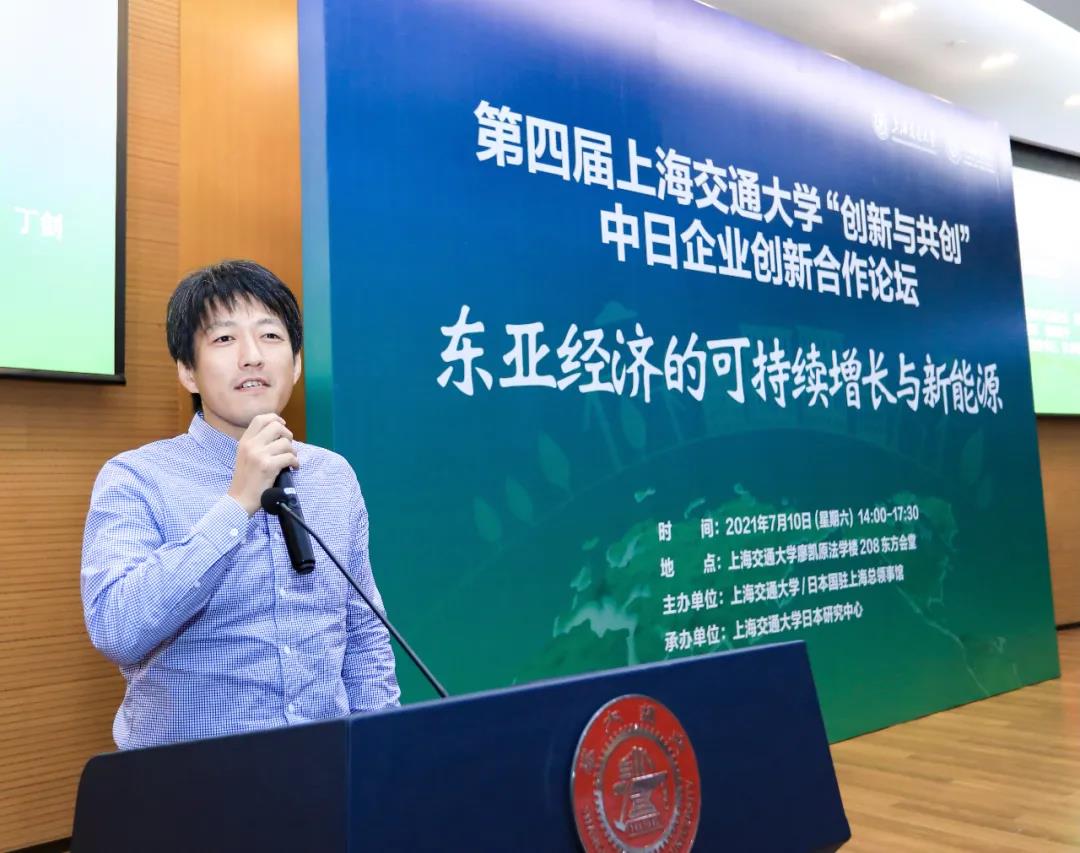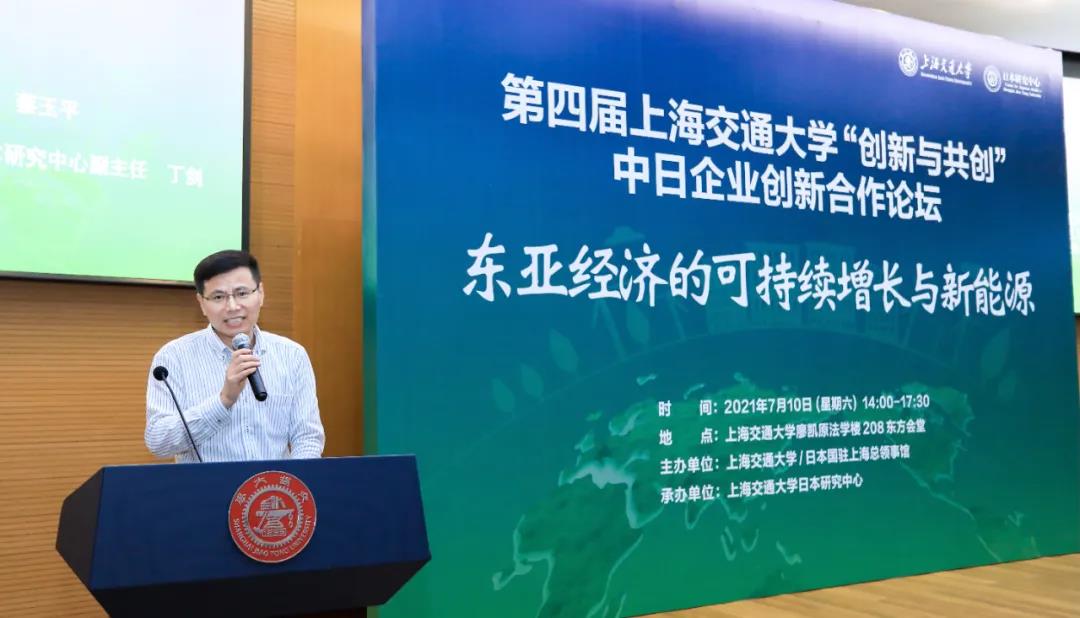On July 10, 2021, the fourth "Innovation and Co creation" Sino Japanese Enterprise Innovation Cooperation Forum of Shanghai Jiaotong University was successfully held in the Oriental Hall of Liao Kaiyuan Law Building, Xuhui Campus, Shanghai Jiaotong University. The theme of this forum is "Sustainable Economic Growth and New Energy in East Asia", co sponsored by Shanghai Jiaotong University and the Consulate General of Japan in Shanghai, and hosted by the Japan Research Center of Shanghai Jiaotong University. Huang Zhen, Vice President of Shanghai Jiaotong University and academician of the CAE Member, and Akima Jimata, Consul General (Ambassador) of Japan in Shanghai, attended the opening ceremony of the forum and delivered speeches. Ji Weidong, senior professor of liberal arts at Shanghai Jiaotong University and director of Japan Research Center, Liu Wei, member of the Party Committee and vice president of Shanghai Lingang Group, Huang Xueqi, senior consultant of Tianjin Institute and Secretariat of the National Materials Commission, Song Xuefeng, deputy general manager of Shenneng Group and secretary of the Party Committee of Orient Securities, Liu Wei, secretary of the Party Committee of Shenneng Co., Ltd., Liang Xiao, representative of Beijing Office of NEDO, Kan Kuangyan, Managing Director of Sumitomo Mitsui Marine Fire Insurance (China) Co., Ltd., Great Wall Shengyi, Director of Nitto Electric (China) Investment Co., Ltd., Lan Jintao, Vice President of Sanxiang Impression Co., Ltd., Siberji, Assistant to the Director of the Chinese Office of Japan International Cooperation Agency (JICA), and more than 100 senior scholars or practical experts from research institutions and enterprises in China and Japan attended the forum to focus on relevant policies Strategy, practice and cooperation prospects, in-depth discussion and extensive exchanges. The opening ceremony of the forum was presided over by Wang Suiji, Secretary of the Party Committee of Kaiyuan School of Law, Shanghai Jiao Tong University.

Huang Zhen reviewed the background of "carbon neutrality" and introduced the historical basis of long-term cooperation between China and Japan on regional sustainable development and new energy development. He believes that the research, development and utilization of new energy can boost the work of carbon peaking and carbon neutralization, and the sustainable development of the economy and society must also rely on the transformation and upgrading of the energy industry chain. At the national level, in the face of the increasingly serious world environmental situation, China and Japan share common interests and aspirations, making cooperation and exchange an inevitable choice for common development; From the perspective of integration of production, teaching and research, the new energy industry is an urgent area for universities, research institutions and enterprises to cooperate and exchange. Therefore, the topics of this forum are global, contemporary and far-reaching. He hoped that the holding of this forum could provide intellectual support and development suggestions for China Japan economic and energy cooperation.
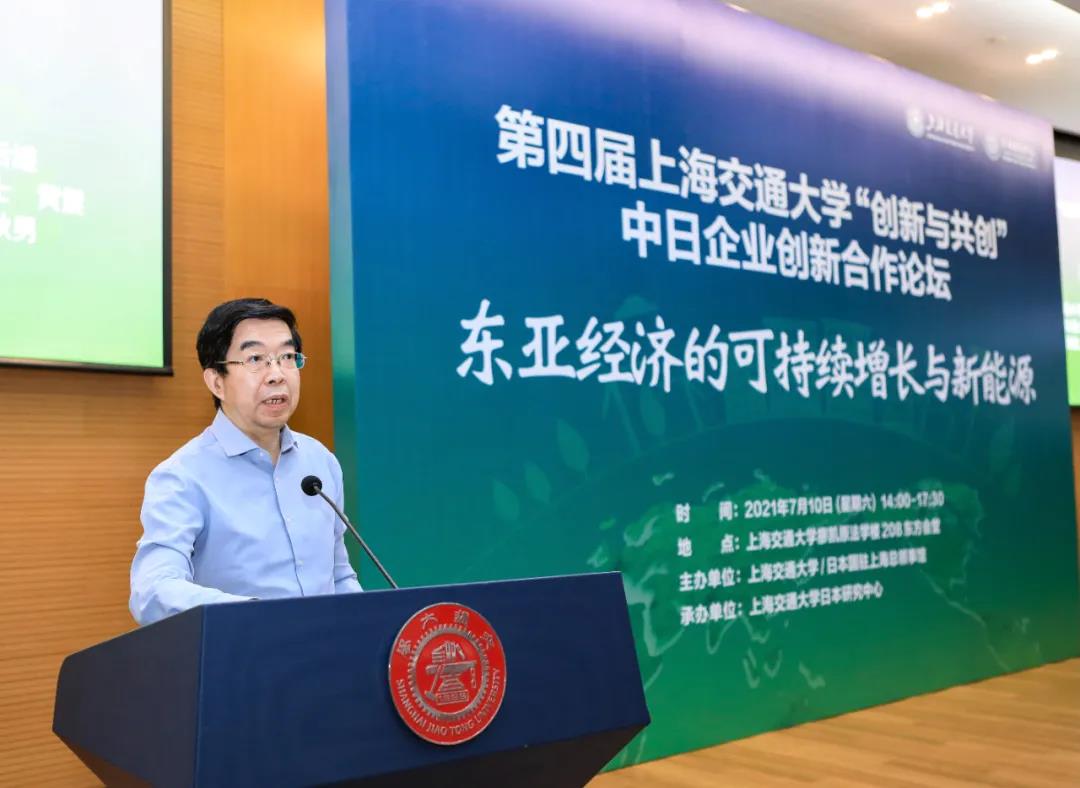
Jimata Qiuno said that under the new situation of global pursuit of carbon neutralization of the supply chain, the environment of the enterprise will change significantly. In the future, the key to business activities of the enterprise will focus on both low-carbon and business development. He stressed that "co creation" is the fundamental concept to continue to promote cooperation between the two countries in the future. As Japan is in the leading position in hydrogen energy technology, and Chinese enterprises are increasingly emerging in the world green related market, the innovation jointly bred by Japan and China can make more contributions to the world and create a better future.

The keynote speech and keynote speech were hosted by Ji Weidong, a senior professor of liberal arts at Shanghai Jiaotong University and director of the Japan Research Center. Huang Zhen, Vice President of Shanghai Jiaotong University and academician of the CAE Member, delivered a keynote speech. Liu Wei, member of the Party Committee and Vice President of Shanghai Lingang Group, and Liang Xiao, representative of the Beijing office of New Energy/Industrial Technology Comprehensive Development Organization (NEDO), delivered keynote speeches respectively.

Huang Zhen delivered a keynote speech under the theme of "energy reform under the vision of carbon neutrality". He reviewed the importance of energy technology progress to the development of human society and the industrial revolution, and discussed a series of challenges faced by China's energy consumption transformation in view of the goal of carbon dioxide emissions reaching the peak by 2030 and achieving carbon neutrality by 2060. He summarized the general trend of energy development as "five modernizations". On the energy supply side, there are zero carbonization of electricity and zero carbonization of fuel; On the energy demand side, it is efficient, re electrified and intelligent. He believes that the future energy development will show three characteristics: from centralized to decentralized energy production form, from tree structure to flat structure, and a large number of distributed energy autonomous units are interconnected with each other in an equal way, so as to build a new power system with new energy as the main body; In the form of energy production and consumption, energy producers and consumers are independent of each other and become one of the producers and sellers; In terms of energy utilization, renewable energy has become the main energy from supplementary energy. In the opinion of Academician Huang Zhen, in the past, we relied on fossil fuels, which were the products of sunshine hundreds of millions of years ago. In the future, the sunshine every day will provide us with inexhaustible heat, electricity and renewable fuels.

Liu Wei gave a speech entitled "Cooperation towards hydrogen energy society - the development of intelligent new energy automobile industry in the new port area". He analyzed the development trend of the industry and the trend of attracting investment, and believed that the transformation from traditional fuel vehicles to intelligent new energy vehicles has become a trend. The background of "carbon peak", "carbon neutral" and digital economy has further deepened and accelerated the industry transformation trend. He believed that the key to the development of intelligent new energy automobile industry in the new port area in the future lies in promoting scientific and technological innovation and industrial development, precise investment attraction, creating rich and diversified application scenarios, promoting industry university research linkage and industry education integration, and achieving core technology breakthroughs. In addition, we should focus on the hydrogen fuel cell vehicle industry, promote the joint technological breakthrough of Chinese and Japanese enterprises, and promote the development of hydrogen energy cooperation demonstration zones.

Liang Xiao shared "Japan's green growth strategy" and "NEDO's work in the field of hydrogen fuel cells". He emphasized the crucial role of hydrogen energy utilization in "carbon neutralization", which can realize efficient energy utilization, diversified energy procurement and strengthen industrial competitiveness. He introduced the development of Japan's hydrogen energy policy at the national level, the measures taken by Japanese enterprises to realize the "hydrogen society" from manufacturing to transportation, storage and utilization, and the development of international hydrogen supply chain, hydrogen energy projects and other transnational projects.

The relay speech was presided over by Fukuda Gaogan, Vice Consul General of Japan in Shanghai, and delivered a speech by Siberji, Assistant Director of the China Office of the Japan International Cooperation Agency (JICA).

Yi Peiyun, a professor of the School of Mechanical and Power Engineering of Shanghai Jiaotong University, delivered a speech on the "hydrogen energy and fuel cell technology challenges and industrialization under the dual carbon target". He believes that hydrogen energy is an important form of the fourth energy revolution, and the development of hydrogen energy has become the key to the global dual carbon goal. He predicts that China's hydrogen energy development strategy of "hydrogen electricity synergy" will make hydrogen energy account for 20% of China's terminal energy system in the future. He made a strategic analysis of the challenges and industrialization of fuel cell technology, and outlined the technical map of fuel cells and the future development path of hydrogen energy.

Consul of the Consulate General of Japan in Shanghai and Hirohito took offshore wind power as an example to analyze its development potential and advantages in terms of capacity and price. At the same time, they listed the difficulties at the legislative level to explain the challenges faced by Japan in its new energy policy.

Cheng Mingfeng, Deputy General Manager of Investment Management Department and Deputy Director of Hydrogen Energy Office of Shenneng (Group) Co., Ltd., shared the strategic planning layout and current development practice of Shenneng's hydrogen energy industry. He said that in order to achieve the dual carbon goal, we need to accelerate the energy revolution, vigorously develop renewable energy hydrogen production, and promote the evolution of the energy structure from low carbon to zero carbon. In the future, we should vigorously promote the construction and improvement of hydrogen energy infrastructure, focus on the key technologies and equipment of hydrogen energy, and strive to develop multi scenario demonstration applications of hydrogen energy, giving full play to financial advantages to actively help carbon neutralization. At the same time, he also made his own prediction on the future application prospect and industrial chain layout of hydrogen energy industry.
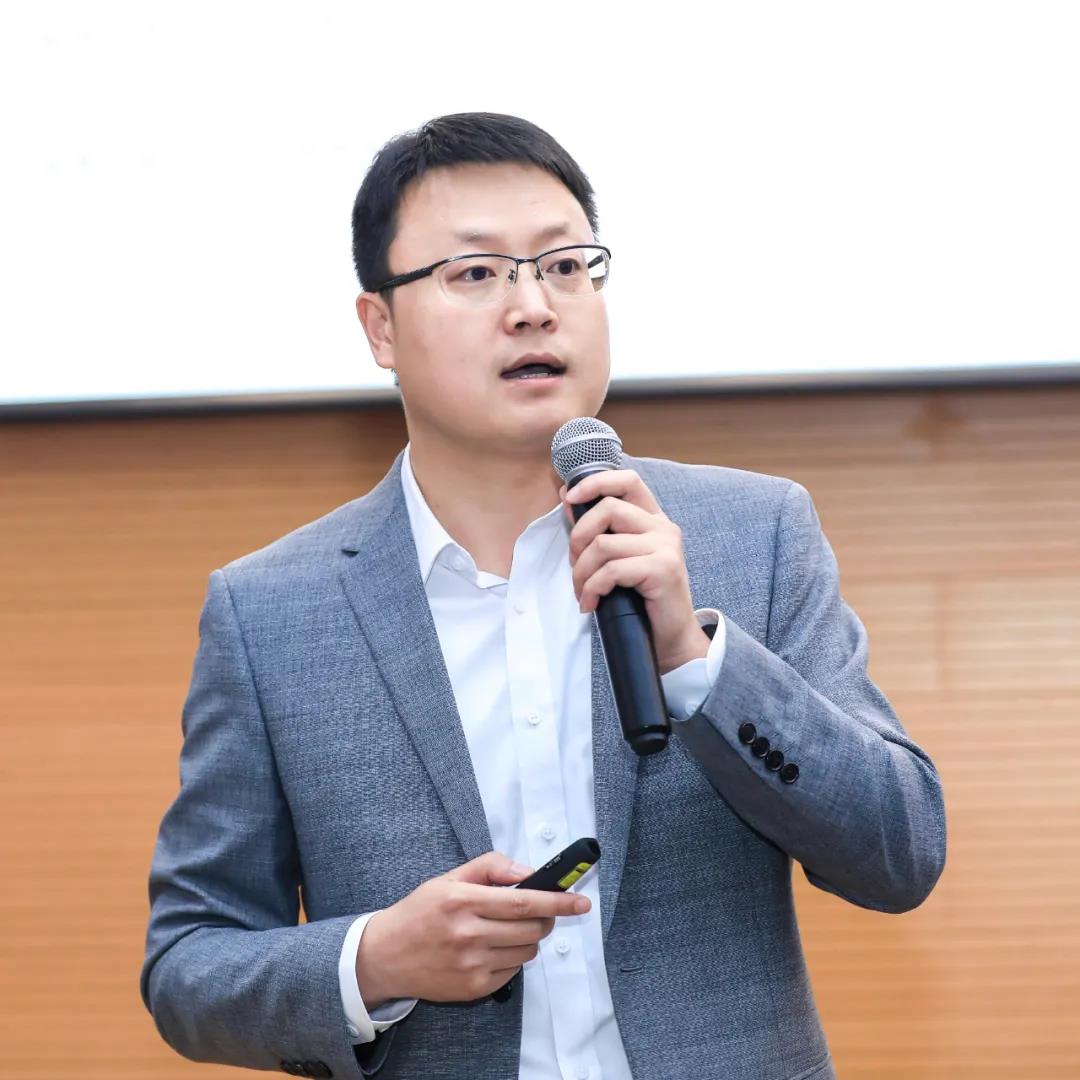
The head of the machinery department of KOSCO Investment Co., Ltd. introduced the formation and concretization of the hydrogen society, and shared how a steel enterprise producing steel products spared no effort to achieve a hydrogen society by developing and improving the steel manufacturing process.

Miyari Qihui, founder of Japan Hengkuan Capital, director and executive vice president of Japan China Financial Association, drew a picture of Japan China cooperation prospects in the field of hydrogen energy utilization, especially green hydrogen energy, by comparing the current situation and future development trends, and suggested that there are four potential paths for China Japan green hydrogen cooperation: (1) formulation and implementation of laws and regulations; (2) Technical innovation, cost reduction and efficiency increase; (3) Demand mining and scenario diversification; (4) Win win cooperation.
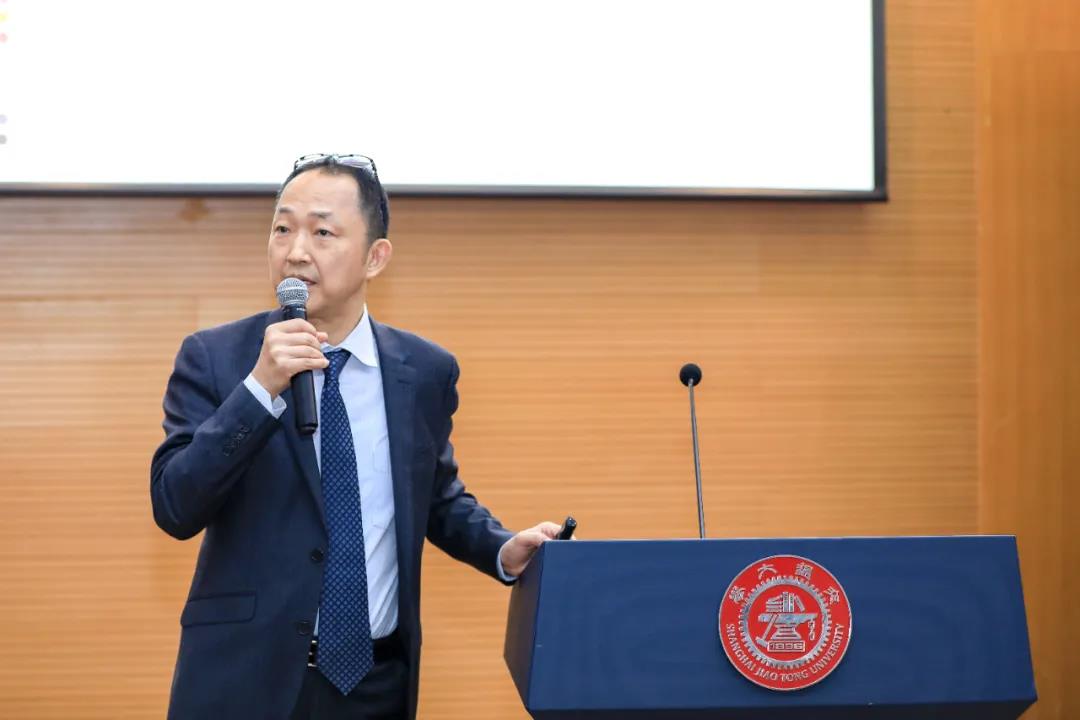
Liu Xiaofeng, the chief representative of JGC Beijing Representative Office, focused on resource recycling and carbon neutral technology, and introduced the efforts of JGC Group in related fields. As the innovation core of solving problems on a global scale, the potential of chemistry is constantly highlighted. Chemical enterprises promote the development of chemical cycle technology and the formation of chemical cycle market such as the social cognition system of chemical cycle products, practice the concept of green development, and help the construction of ecological civilization.
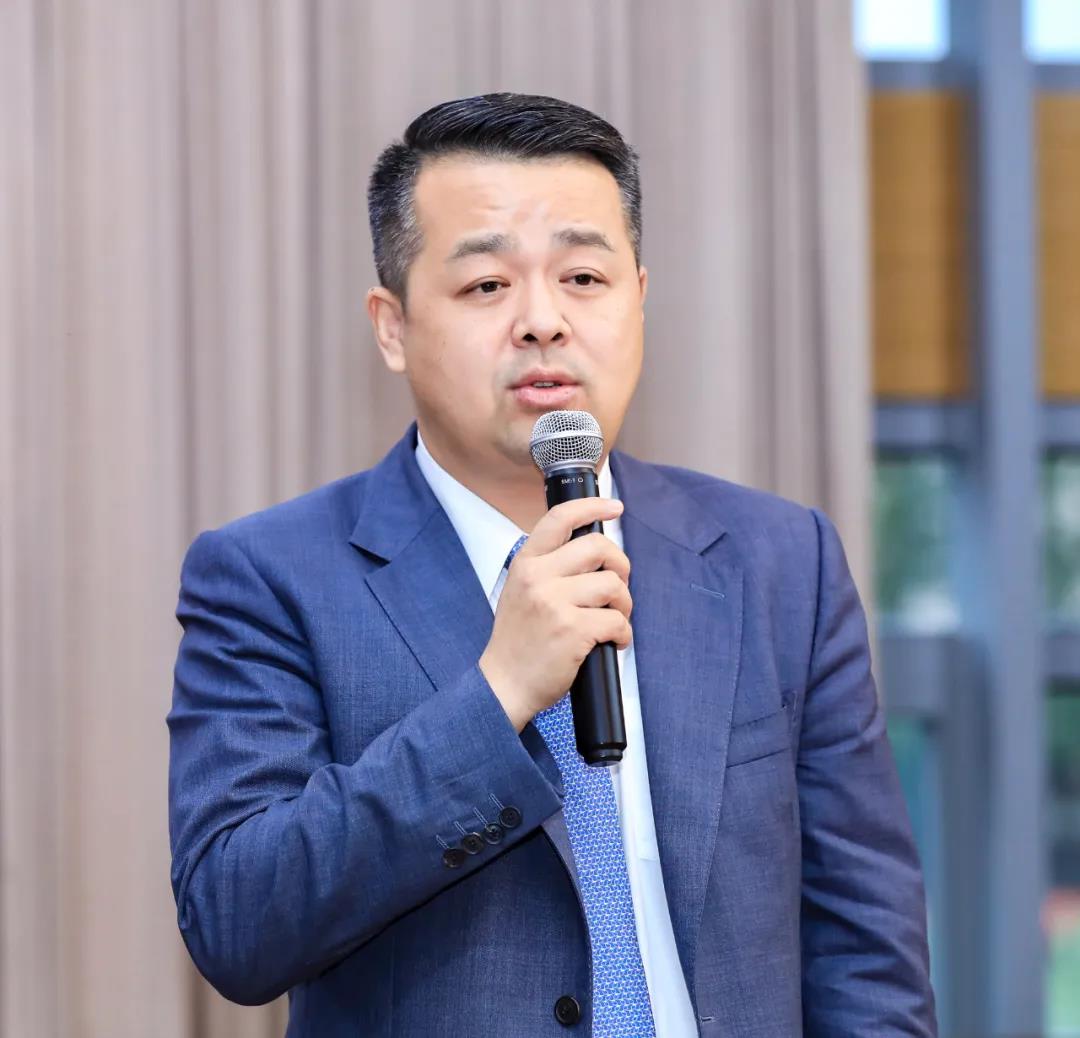
Lu Ronghua, General Manager of Weineng Battery Assets Co., Ltd., shared his thoughts on "efficient battery management, low-carbon energy world". By improving digital battery technology services, the value of new energy vehicles can be maximized, which is also the implementation of the "carbon neutral" strategic policy and the empowerment of green low-carbon economy.
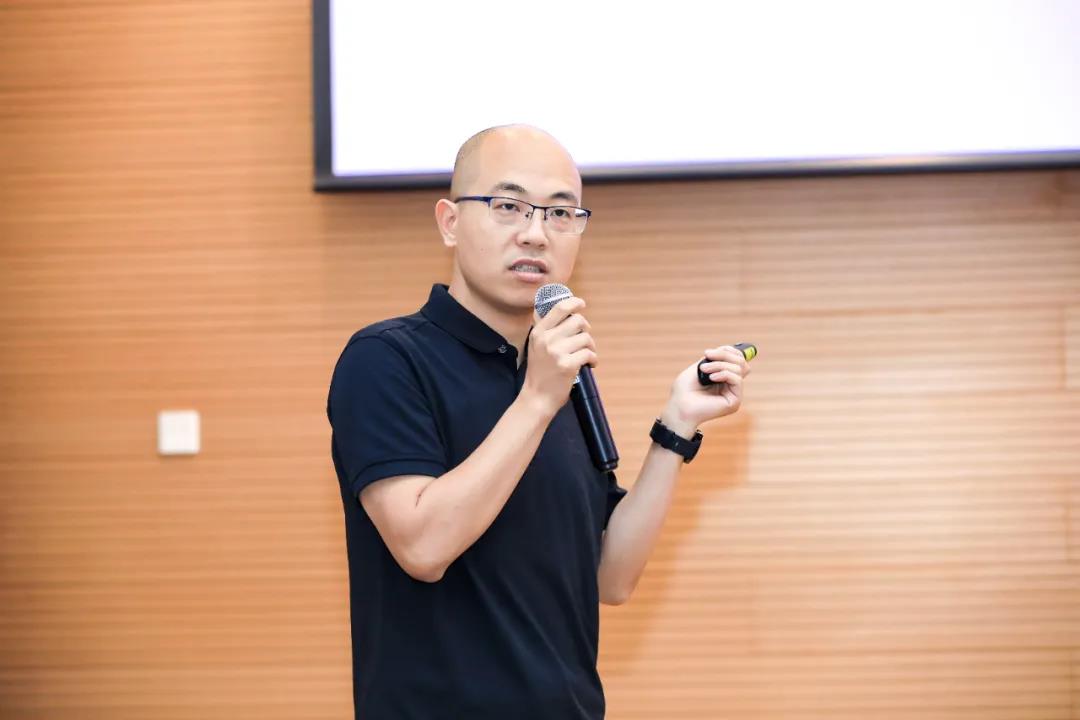
For the "carbon peak, carbon neutral" and new energy industry, seven relay speakers delivered speeches on their respective specialized fields, or inspected the prospects of China Japan new energy cooperation, or introduced cutting-edge technologies and demonstration projects in the industry, or thought about the opportunities and challenges of industrial development. Each speaker also played a role in asking questions and discussing with other guests. The atmosphere was warm, and many new ideas were inspired New ideas and methods fully reflect the high level of this forum.
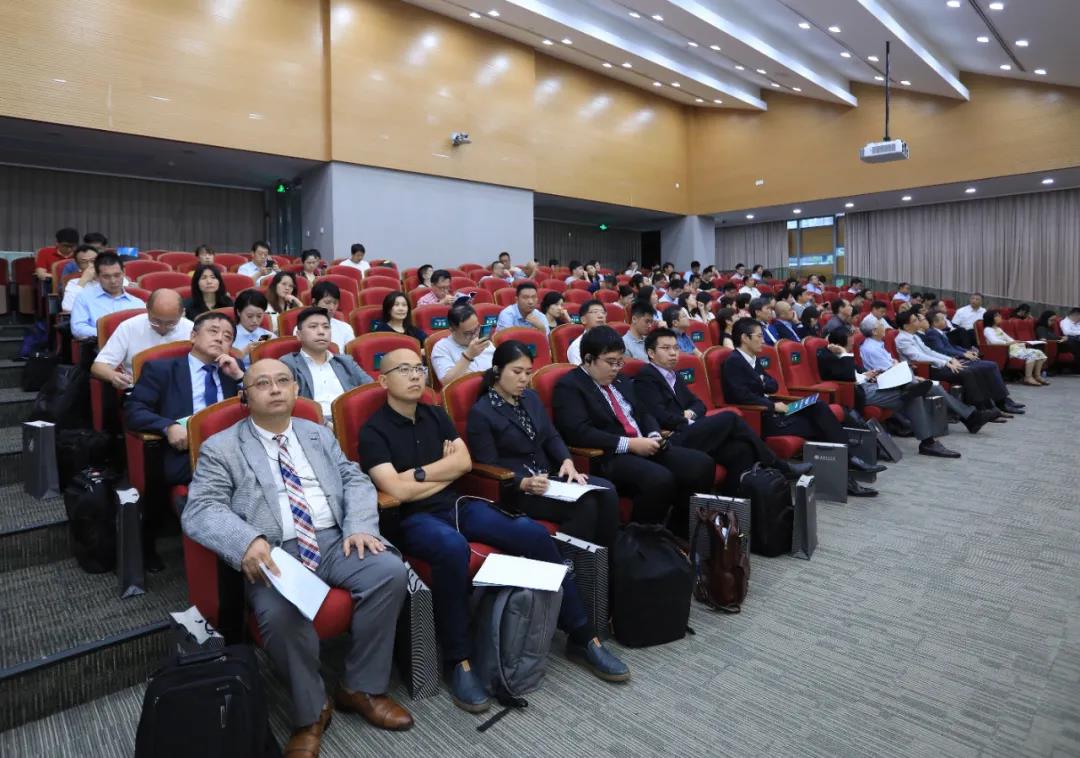
Finally, Cai Yuping, Deputy Director of the Japan Research Center of Shanghai Jiaotong University, presided over the concluding speech. Fukuda Takan, Vice Consul General of Japan in Shanghai, and Ding Jian, Secretary of the Party Committee of the School of Foreign Languages of Shanghai Jiaotong University and Deputy Director of the Japan Research Center, respectively summarized the meeting. They expressed their heartfelt thanks for the wonderful speeches delivered by the guests, and unanimously said that this forum has further deepened the exchanges between Chinese and Japanese research institutions, enterprises and universities, and provided important development suggestions and intellectual support for China Japan economic and energy cooperation. Due to the high enthusiasm of the speakers, the end time of the meeting was significantly delayed. It can be seen that the energy revolution under the guidance of the two carbon goals is becoming a new hotspot in China Japan economic cooperation. The forum ended successfully in the warm exchange and discussion among the guests!

